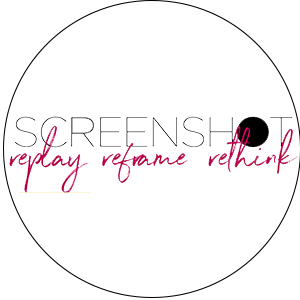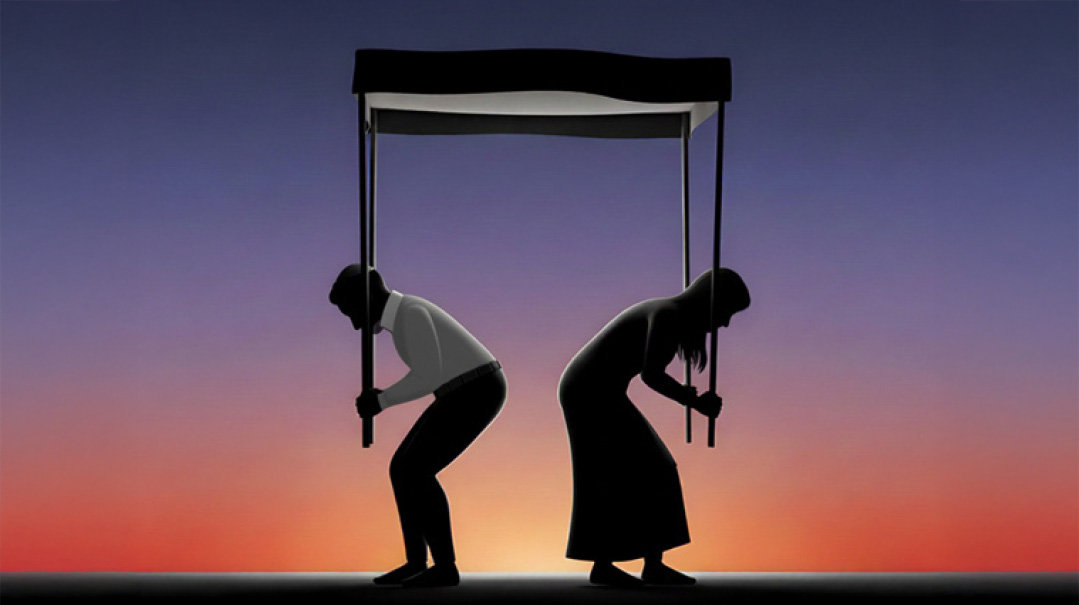The Projector Problem

If we stop projecting our own take, what new discoveries and understandings will we glean?

Two years ago I read a very smart piece by journalist Matti Friedman in which he posited that Americans view Israel’s internal tensions as a mirror of their own.
Instead of trying to understand the Sabra-flavored passions and poisons of a prickly region, instead of studying the complex history and fraught present of this ancient land, instead of identifying the many minorities within the Jewish majority, and instead of acknowledging the truly evil power players arming the smaller actors, they simply apply their own grievances to a country across the world. The result: a neat division of Israel’s population into privileged oppressors and passive victims.
To be honest, we all do this.
We all use our familiar paradigms when trying to understand the unfamiliar. You do it if you’re an American failing to fathom why masses of Israelis constantly find new reasons to protest. You do it if you’re an Israeli mocking those London shtiblach holding grand kiddeishim in honor of a ceremonial monarch’s coronation. You do it if you’re a conservative New Yorker who’s grateful that the state and Supreme Court enforced protections of your religious values — and you can’t begin to understand why religious Jews in Israel would want to weaken their own High Court. You do it if you’re an enlightened European shaking your head as America’s Bible Belt votes for president, or if you’re a Westerner dismissing Russia’s adulation of Vladimir Putin.
Instead of approaching a foreign phenomenon with an open and curious mind, we sweep in with preconceptions and judgments. This is the hero, this is the villain, these are the crazy extremists, these are the unreasonable, irascible primitives. We slot the players and conflicts and tensions into neat categories, spice those portions with our own interpretations of risk and reward, and wrap it all up with a clever take. And sometimes when we do that, we miss the real story.
WEsee this happening on a micro level when plotting out assignments with our writers. It’s only natural for writers to begin a project with some concept of the story they will write: principled idealist shares values with eager followers, bereaved parent draws inspiration from inner reservoirs, benevolent world power imports democracy to backwater country, insular traditionalists resist progress out of fear.
Their preconception of the story likely draws from their own personal experiences and education, the reading they’ve done, the struggles they face, and the doubts and fears they harbor. It will dictate the questions they ask and the framework they give the story. Will it accurately reflect the reality they’re trying to capture? That’s a tougher question.
Sometimes a writer will come back from an interview, or finish days of research, and say, “The story I heard wasn’t the story I expected.” Sometimes the writer doesn’t have the perspective to realize that, and an editor will read a draft and say, “These quotes are being contorted into a framework that just doesn’t fit.”
Then we all have to take a step back and reevaluate: What is the real story here? What is an accurate frame for these experiences? If we stop projecting our own take, what new discoveries and understandings will we glean?
It takes a lot of courage to drop our preconceived frame and reevaluate the story we’ve built. Not only does it mean a lot more hard work — rewriting, reframing, collecting new material and context — it means conceding that we’re limited.
But in this job, as in life, we can only gain by acknowledging our limitations. And we grow that much richer when we explore other takes, other perspectives, and open our minds to the varied gradations of human experience beyond our own small slice.
—Shoshana Friedman
Managing Editor
(Originally featured in Mishpacha Jr., Issue 970)
Oops! We could not locate your form.







